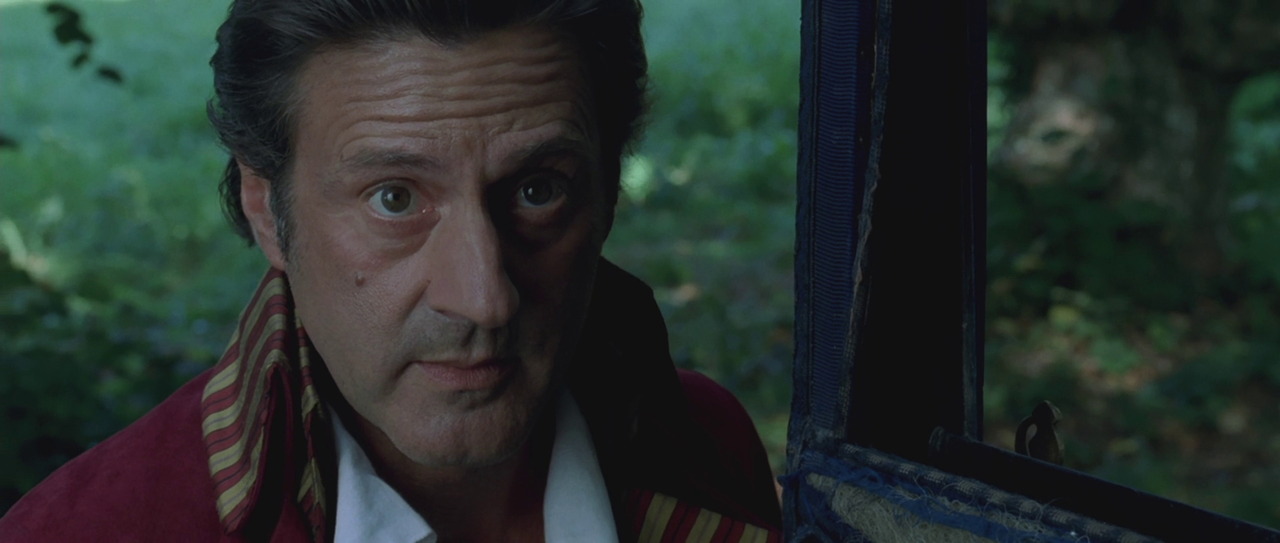“Literature is the most dangerous weapon in France. It always has been.” — André Malraux
 Image courtesy of France Channel, “Sade”
Image courtesy of France Channel, “Sade”
Introduction: The Scandal That Becomes Canon
French literature has a long tradition of scandal. In a culture where art is both adored and policed, some of
the nation’s most powerful literary voices were once suppressed, censored, or outright banned. Yet these same
works often go on to become essential to the French literary canon.
To shock the system, in France, is to announce oneself as a serious writer. From de Sade to Annie Ernaux,
France’s most controversial voices reveal the tension between repression and revelation—a tension that drives
the evolution of national identity itself.
De Sade: Philosophy in the Dungeon
The infamous Marquis de Sade remains one of France’s most polarizing figures. His works, including Justine and
120 Days of Sodom, were locked away for over a century. Blending pornography with political critique, de Sade's
writings challenged the very fabric of moral and social order.
While imprisoned, he wrote obsessively. His legacy was later reclaimed by surrealists and post-structuralists
who viewed him not as a deviant, but as a radical thinker interrogating power, freedom, and control. Today, he
is studied in universities, his name immortalized in the term "sadism."
Flaubert’s Madame Bovary: The Banality of Scandal
In 1857, Gustave Flaubert stood trial for obscenity after publishing Madame Bovary, a tale of marital boredom
and adulterous longing. The trial itself became a spectacle, drawing intense public interest.
Flaubert was acquitted, but the scandal only magnified the book’s success. Its style—a painstaking realism that
captured emotional monotony and romantic disillusionment—redefined the novel as a serious art form. Bovary is
now considered one of the greatest novels ever written.
Baudelaire’s Les Fleurs du mal: Beauty on Trial
Published the same year as Bovary, Charles Baudelaire's Les Fleurs du mal faced swift legal backlash. Six poems
were banned for their themes of eroticism and despair. Baudelaire was fined, and the collection labeled obscene.
“You gave me your mud, and I made gold.” — Charles Baudelaire
Despite this, the book became a foundational text of modern poetry, exploring themes of urban alienation,
decadence, and spiritual ambiguity. Baudelaire's aesthetic of beauty in darkness influenced generations of
writers and artists worldwide.
Jean Genet: The Outlaw as Saint
A petty thief turned literary icon, Jean Genet's works were once banned in France for their explicit
homosexuality and criminal themes. Our Lady of the Flowers and The Thief’s Journal were considered obscene and
dangerous.
Yet Genet’s prose possessed a mystical lyricism that drew the admiration of the French intelligentsia. Sartre
famously wrote a 600-page defense of him titled Saint Genet, arguing that Genet turned abjection into art. Genet
remains a saint of the outsider, his books now widely celebrated.
Annie Ernaux: Private Life, Public Truth
Today’s literary provocateur is Annie Ernaux, whose autobiographical works dissect family, class, memory, and
female experience. Her book Happening, about an illegal abortion in the 1960s, was initially shunned in polite
society.
Ernaux's commitment to personal truth as historical testimony has reframed confession as political act. Winner
of the 2022 Nobel Prize in Literature, she stands as a modern heir to France’s legacy of banned voices who
become cultural pillars.
Why Censorship Fuels Legacy
In France, censorship rarely ends a literary career. More often, it serves as a crucible. What is forbidden
attracts attention. What is prosecuted becomes provocative. Scandal, in the French context, signals a
conversation worth having.
In French letters, to be banned is often to be remembered.
Many of France’s once-censored works are now studied in schools and praised in retrospectives. Their authors are
no longer criminals but classics. The state may seek silence, but the page, once printed, continues to speak.
Conclusion: The Dangerous Power of the Written Word
To read banned French literature is to read the heartbeat of a nation in conflict with itself—a nation deeply
invested in who gets to speak, and what stories may be told. These books remind us that literature is not only
art, but resistance.
In France, what shocks today often shapes tomorrow. And in that paradox, French literature finds its enduring
power.